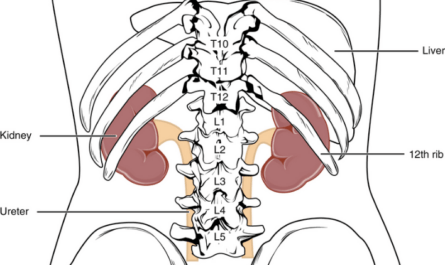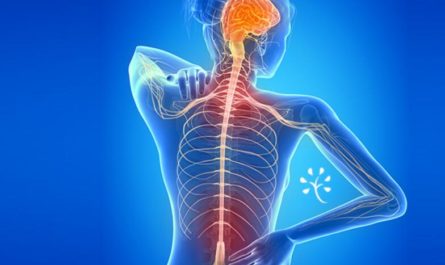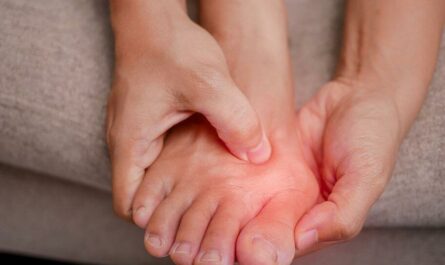Leg cramps at night can be a distressing experience, causing sudden and intense pain that disrupts your sleep. If you’ve ever woken up with a sudden tightening or spasm in your calf or thigh muscles, you’re likely familiar with this uncomfortable phenomenon. This article will explore the causes of leg cramps at night, effective remedies, and preventive measures.
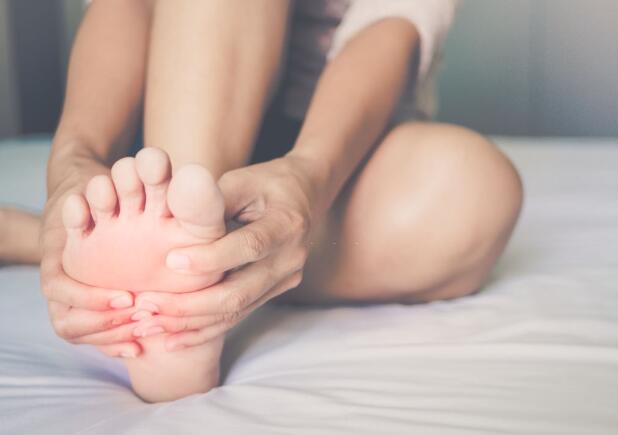
What is Leg Cramps at Night?
Leg cramps, also known as nocturnal leg cramps, are involuntary muscle contractions that occur during sleep. They typically affect the calf muscles, but can also occur in the thighs or feet. These cramps can be intense and may last for a few seconds to several minutes, causing significant discomfort.
There are two main types of leg cramps:
- Idiopathic Leg Cramps: These cramps have no known cause and often occur sporadically. They can affect individuals of any age and are more common in older adults.
- Secondary Leg Cramps: These cramps are caused by an underlying medical condition or external factors such as dehydration, nutrient deficiencies, or medication side effects.
Signs and Symptoms of Leg Cramps at Night
Leg cramps at night are characterized by the following signs and symptoms:
- Sudden Pain: You may experience intense, sharp pain in your calf, thigh, or foot muscles.
- Muscle Tightness: The affected muscles may feel rigid or tense during a cramp.
- Visible Muscle Twitching: In some cases, you may notice visible muscle contractions or twitching during a leg cramp.
- Duration and Frequency: Leg cramps can last from a few seconds to several minutes, and you may experience them sporadically or frequently throughout the night.
12 Common Causes of Leg Cramps at Night
1. Dehydration
Lack of proper hydration can lead to electrolyte imbalances, which may trigger leg cramps. Make sure to drink an adequate amount of water throughout the day to maintain optimal hydration.
2. Mineral Deficiencies
Low levels of certain minerals, such as magnesium, potassium, and calcium, can contribute to muscle cramps. Incorporating foods rich in these minerals or considering supplements may help prevent leg cramps.
3. Overexertion
Engaging in intense physical activity or overusing the leg muscles without proper warm-up or stretching can cause leg cramps. Gradually increase your physical activity levels and always remember to stretch before and after exercise.
4. Nerve Compression
Nerve compression in the spine, such as sciatica, can radiate pain to the legs and cause cramping. Consult a healthcare professional if you suspect nerve compression is the cause of your leg cramps.
5. Poor Blood Circulation
Conditions like peripheral artery disease (PAD) or venous insufficiency can impair blood flow to the legs, leading to leg cramps. Managing underlying circulatory conditions can help alleviate leg cramps.
6. Medications
Some medications, such as diuretics, statins, or beta-blockers, may have leg cramps as a side effect. Consult with your healthcare provider to explore alternative medications or potential solutions.
7. Pregnancy
Pregnant women often experience leg cramps due to hormonal and physiological changes, increased pressure on the nerves and blood vessels, and mineral imbalances. Gentle stretching and appropriate prenatal care can help manage leg cramps during pregnancy.
8. Neurological Disorders
Certain neurological conditions, including Parkinson’s disease and peripheral neuropathy, may increase the risk of leg cramps. Treatment for the underlying disorder may provide relief from leg cramps.
9. Diabetes
Uncontrolled blood sugar levels can lead to nerve damage, known as diabetic neuropathy, which can cause leg cramps. Proper diabetes management and monitoring can help prevent or reduce leg cramps.
10. Restless Legs Syndrome (RLS)
RLS is a neurological disorder characterized by an irresistible urge to move the legs, often accompanied by unpleasant sensations. These sensations can trigger leg cramps. Consult a healthcare professional if you suspect RLS is the cause of your leg cramps.
11. Magnesium Deficiency
Inadequate magnesium levels can contribute to muscle cramps. Including magnesium-rich foods in your diet or taking magnesium supplements, as advised by a healthcare professional, may help alleviate leg cramps.
12. Age-related Muscle Fatigue
As we age, muscle fatigue and imbalances become more common, increasing the likelihood of leg cramps. Regular exercise and incorporating strength training can help maintain muscle strength and reduce leg cramp risk.
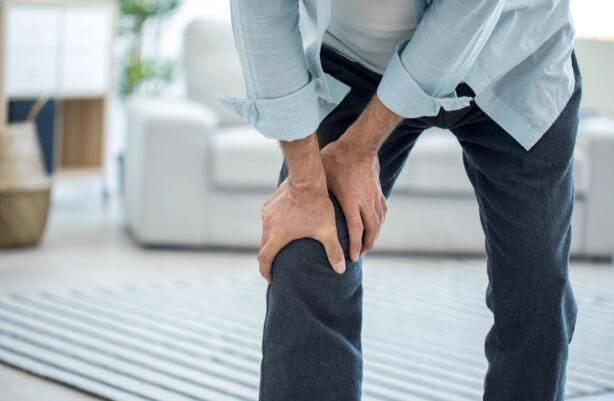
How to Get Rid of Leg Cramps at Night with Home Remedies
Fortunately, there are several effective home remedies and preventive measures to alleviate leg cramps at night and reduce their frequency:
1. Stay Hydrated and Maintain Electrolyte Balance
- Drink an adequate amount of fluids throughout the day to prevent dehydration.
- Consume foods rich in electrolytes such as potassium, calcium, and magnesium. Good sources include bananas, oranges, leafy greens, dairy products, and nuts.
- Consider drinking electrolyte-rich beverages or sports drinks, especially after intense exercise or during periods of excessive sweating.
2. Stretching Exercises and Muscle Relaxation Techniques
- Perform regular stretching exercises, especially before bedtime. Focus on stretching your calf muscles, hamstrings, and quadriceps.
- Try relaxation techniques such as deep breathing exercises, progressive muscle relaxation, or yoga to relieve muscle tension.
- Incorporate gentle leg exercises into your daily routine, such as ankle rotations and toe curls, to promote blood circulation and prevent muscle stiffness.
3. Proper Sleep Positions and Mattress Support
- Sleep on your back or side with a pillow placed between your knees to maintain proper alignment and reduce strain on your leg muscles.
- Ensure that your mattress provides adequate support and is neither too soft nor too firm. Consider using a pillow or cushion to elevate your feet slightly while sleeping.
4. Review Medication Side Effects with Healthcare Provider
- If you suspect that your medication may be causing leg cramps, consult your healthcare provider. They may be able to adjust your dosage or prescribe an alternative medication.
- Be sure to inform your healthcare provider about all the medications and supplements you’re taking, as certain combinations can increase the risk of leg cramps.
5. Incorporate Dietary Changes to Address Nutrient Deficiencies
- Consult a healthcare professional to assess if you have any nutrient deficiencies and make dietary adjustments accordingly.
- Ensure a well-balanced diet that includes a variety of fruits, vegetables, whole grains, lean proteins, and healthy fats.
- Consider taking supplements, under medical guidance, to ensure adequate intake of essential vitamins and minerals. Some supplements that may help prevent leg cramps include magnesium, calcium, and vitamin D.
6. Use Heat or Cold Therapy
- Apply a warm compress or take a warm bath to relax tense muscles and increase blood flow to the affected area.
- Alternatively, apply a cold pack wrapped in a thin cloth to numb the area and reduce inflammation.
7. Maintain a Healthy Weight
- Excess weight puts additional stress on your leg muscles, increasing the likelihood of leg cramps. Maintain a healthy weight through a balanced diet and regular exercise.
8. Consider Acupuncture or Massage Therapy
- Acupuncture involves the insertion of thin needles into specific points on the body to stimulate circulation and relieve muscle tension.
- Massage therapy can help relax tight muscles and improve blood flow to the affected areas. Consider seeking a professional massage therapist experienced in treating muscle cramps.
Medical Treatment Options
If home remedies and preventive measures do not provide sufficient relief, medical treatment options may be necessary. Consult with your healthcare provider to determine the most appropriate course of action. Some potential treatment options include:
- Over-the-Counter Pain Relievers and Muscle Relaxants: Nonsteroidal anti-inflammatory drugs (NSAIDs) or muscle relaxants can provide temporary relief from leg cramps.
- Prescription Medications for Severe Cases: In severe cases, your healthcare provider may prescribe medications that help relax the muscles or regulate nerve activity.
- Physical Therapy and Targeted Exercises: Working with a physical therapist can help identify and address any underlying muscle imbalances or weaknesses contributing to leg cramps.
- Alternative Therapies: Alternative treatments such as acupuncture, chiropractic care, or transcutaneous electrical nerve stimulation (TENS) therapy may provide relief for some individuals. Discuss these options with a qualified healthcare professional.
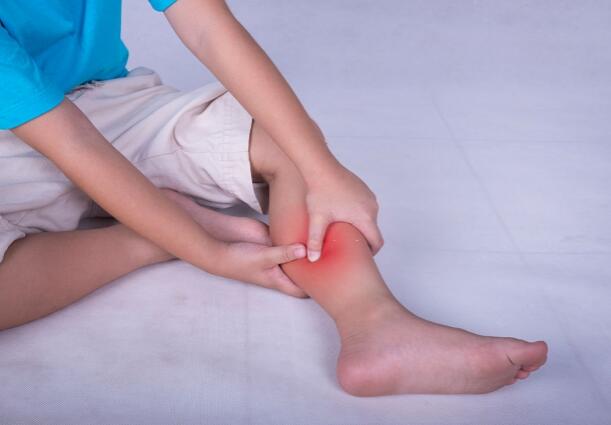
Lifestyle Modifications for Leg Cramp Prevention
In addition to the aforementioned remedies and medical treatments, making certain lifestyle modifications can help prevent leg cramps at night:
1. Regular Exercise and Strengthening Activities
- Engage in regular physical activity, including stretching and strengthening exercises, to improve muscle flexibility and reduce the risk of leg cramps.
- Focus on exercises that target the leg muscles, such as calf raises, lunges, and squats. Gradually increase the intensity and duration of your workouts to avoid overexertion.
- Consider low-impact activities like swimming or cycling, which can help improve circulation and strengthen leg muscles without excessive strain.
2. Avoiding Alcohol and Caffeine Before Bed
- Limit your consumption of alcohol and caffeine as they can contribute to dehydration and disrupt sleep patterns.
- Instead, opt for herbal teas or warm milk, which can promote relaxation and enhance sleep quality.
3. Ensuring a Balanced Diet with Sufficient Nutrients
- Maintain a well-balanced diet that provides adequate nutrients to support muscle health and prevent nutrient deficiencies.
- Incorporate foods rich in vitamins, minerals, and antioxidants, such as fruits, vegetables, whole grains, lean proteins, and healthy fats.
4. Managing Stress and Practicing Relaxation Techniques
- Chronic stress can contribute to muscle tension and increase the likelihood of leg cramps. Practice stress management techniques such as meditation, deep breathing exercises, or yoga.
- Prioritize self-care activities that promote relaxation, such as taking a warm bath, listening to calming music, or reading a book before bed.
5. Creating a Sleep Routine and Optimizing Sleep Environment
- Establish a consistent sleep routine by going to bed and waking up at the same time each day, even on weekends.
- Create a sleep-friendly environment by ensuring your bedroom is cool, dark, and quiet. Use blackout curtains, earplugs, or white noise machines if necessary.
- Invest in a comfortable mattress and pillow that provide proper support for your body. Consider using a mattress topper or pillow designed to alleviate pressure on your muscles and joints.
When to Seek Medical Help?
While leg cramps at night are usually harmless, there are instances where medical attention is necessary. Seek medical help if you experience any of the following:
- Persistent and Severe Leg Cramps: If your leg cramps are frequent, extremely painful, or last for an extended period, consult with a healthcare professional.
- Frequent Disruption of Sleep: If leg cramps at night consistently disrupt your sleep patterns and affect your quality of life, seek medical advice for further evaluation.
- Development of Additional Symptoms or Complications: If leg cramps are accompanied by swelling, redness, numbness, or difficulty walking, it may indicate an underlying condition that requires medical attention.
- Underlying Medical Conditions Requiring Evaluation: If you have an underlying medical condition such as kidney disease, peripheral artery disease, or diabetes, consult your healthcare provider for appropriate management strategies.
Conclusion
Leg cramps at night can be a frustrating and painful experience. But with proper understanding, preventive measures, and lifestyle modifications, you can minimize their occurrence and find relief.
Remember to consult with a healthcare professional if your leg cramps persist or worsen, as they can help determine the underlying cause and provide personalized treatment options.


